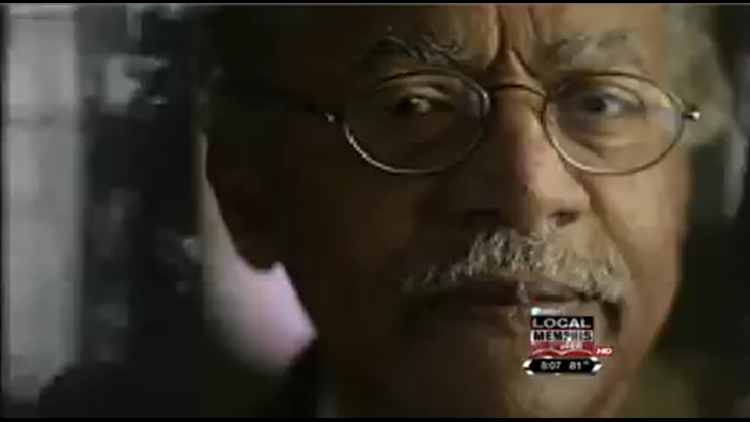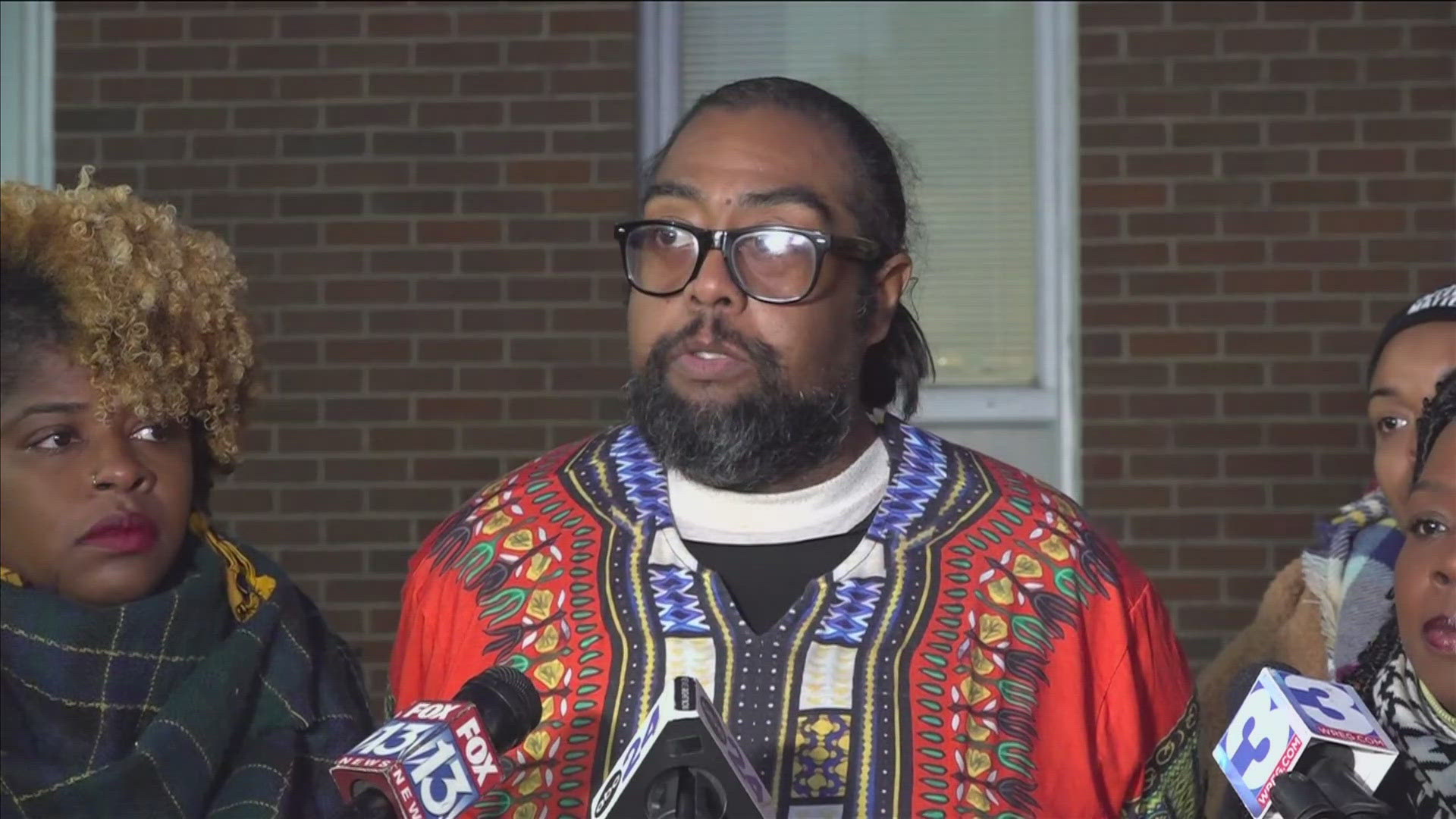Civil rights icon Reverend Samuel “Billy” Kyles has died. He was 81.
Rev. Kyles was responsible for bringing Dr. Martin Luther King Jr. to Memphis in April 1968 to speak to the striking sanitation workers. He was also on the balcony of the Lorraine Motel when Dr. King was assassinated.
“I said, ‘Guys, let’s go!’ By that time, the shot rang out,’” recalled Rev. Kyles.
And that, perhaps, is the most chilling and profound statement Rev. Kyles gave during his lifetime. It was a story he told hundreds of times. He was at the Lorraine Motel the day Dr. Martin Luther King Jr. was shot on the balcony of room 306.
Rev. Kyles had convinced Dr. King to come to Memphis to back up striking garbage workers and planned to have him over for dinner that night.
“The bullet knocked him to the ground, to the floor. I turned around and saw him fall. And, ah, my goodness. Chaos!”
Besides being on that balcony with Dr. King that day, just who was Rev. Samuel “Billy” Kyles? He was born in Shelby, Mississippi, September 26, 1934. He became pastor of the Monumental Baptist Church in Memphis, Tennessee, back in 1959.
He was a founding member of the National Board of People United to Save Humanity (PUSH), the executive director of Rainbow-PUSH Memphis and the executive producer of Rainbow-PUSH WLOK radio.
Rev. Kyles worked on Jesse Jackson’s 1984 and 1988 presidential campaigns. He was a delegate to the first African National Congress. He was also appointed by President Bill Clinton to serve on the Advisory Committee on Religious Freedom Abroad. He received many awards and honors. In 1992 he got the Tennessee Living Legend Award. And he appeared in several television documentaries about the assassination of Dr. King.
In 1961, he boldly enrolled his 5-year-old daughter into an all-white school, helping Memphis become the first Southern city to integrate elementary schools. He also helped desegregate busing in the Bluff City. A task he went to jail for and was excited he had the opportunity to take part in.
Years after Dr. King’s death, Rev. Kyles says he finally understands his purpose of being with Dr. King the day he died.
“Yes, I must admit it. I must be honest. You can kill the dreamer, but no, you cannot kill the dream.”



